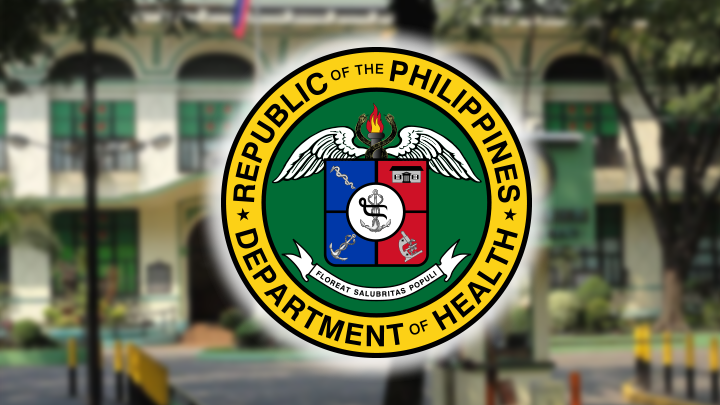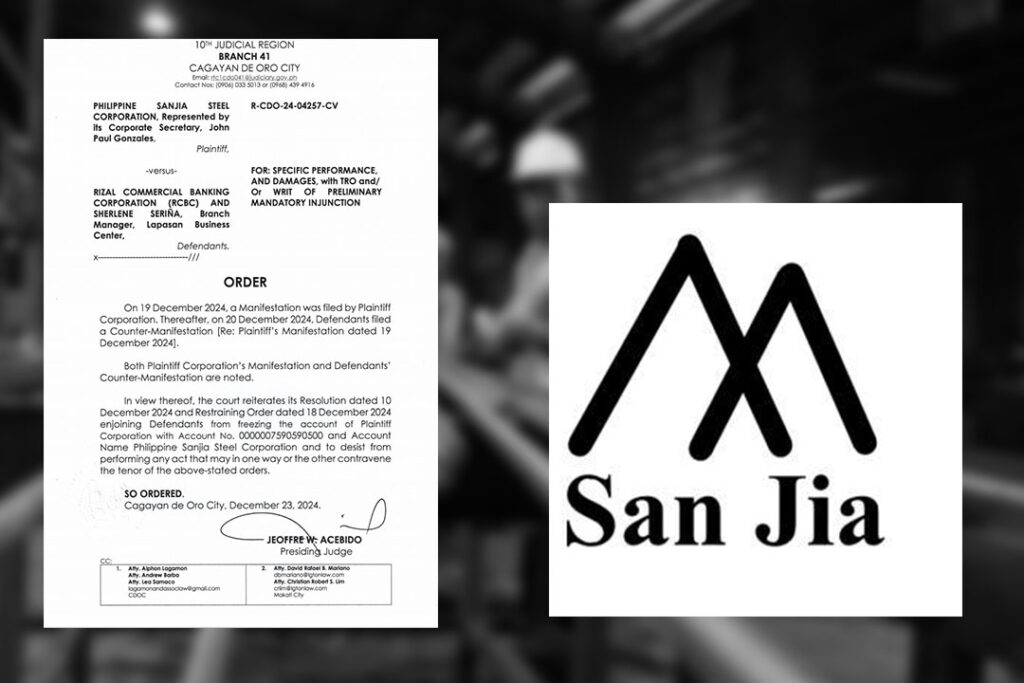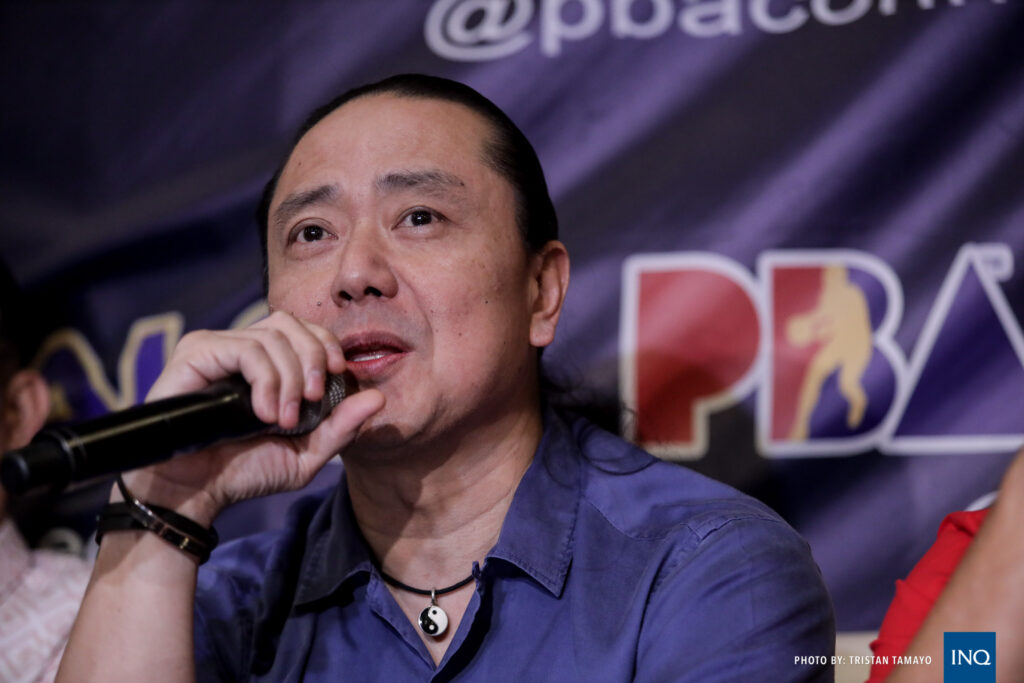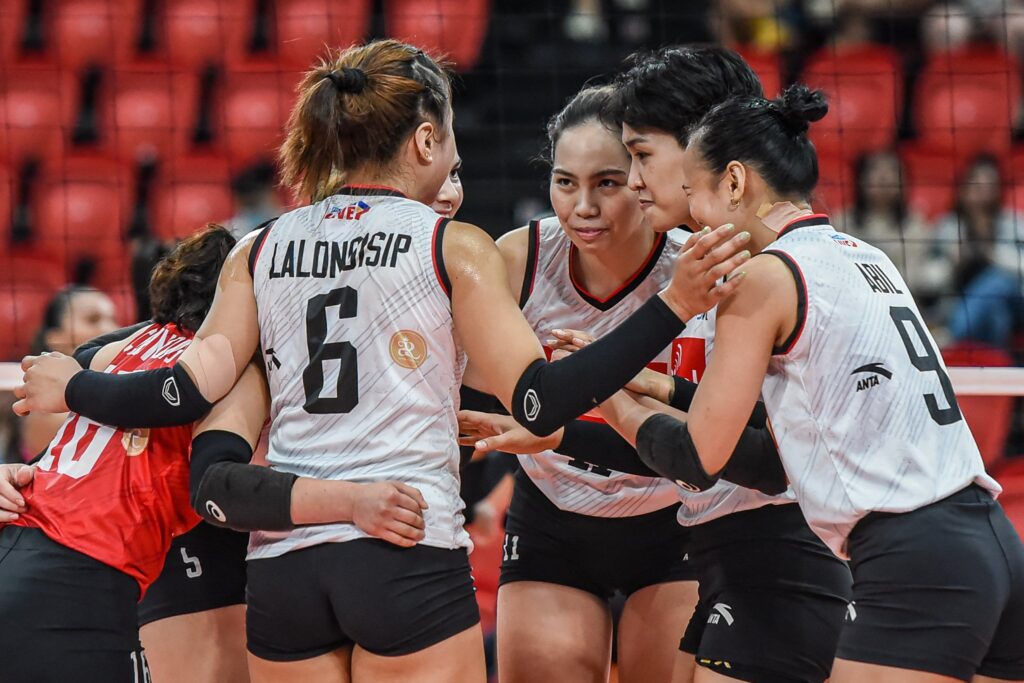The Department of Health (DOH) has welcomed the approval of House Bill 11357, a measure aimed at strengthening the Philippine healthcare system by improving efficiency, equity, and public health emergency preparedness. The bill passed its second reading in the House of Representatives on Tuesday.
The legislation was introduced by House Health Committee chairman Batanes Rep. Ciriaco Gato Jr. and co-authored by 67 other lawmakers.
Health Secretary Teodoro Herbosa emphasized that President Ferdinand Marcos Jr.’s governance experience has played a key role in advancing the Universal Health Care (UHC) law. “His broad national perspective rooted in local government implementation is what inspires the DOH as we actively support both the House of Representatives and the Senate in improving our UHC Act,” Herbosa said.
One of the significant amendments, introduced by House Appropriations Panel acting chairman Marikina Rep. Stella Luz Quimbo, includes reducing PhilHealth premium contributions from 5 percent to 3.5 percent. Future adjustments will be determined annually based on actuarial studies reviewed by an independent body approved by Congress.
Under the revised bill, migrant workers, both land- and sea-based, will no longer be required to pay PhilHealth premiums. Instead, their employers will shoulder 50 percent of the contributions, while the national government will cover the remainder.
The amendment also limits the salaries of PhilHealth officials and employees to a maximum of 7.5 percent of the previous year’s total benefit payments, replacing the previous rule that based the cap on premium collections.
Furthermore, local government units, including component cities and municipalities, will manage their own special health funds under regulations set by the DOH in coordination with the Department of Budget and Management and the UHC Coordinating Council.
To ensure efficient implementation of the UHC law nationwide, the UHC Coordinating Council—co-chaired by the health and interior and local government secretaries—will oversee both national and local-level execution.











